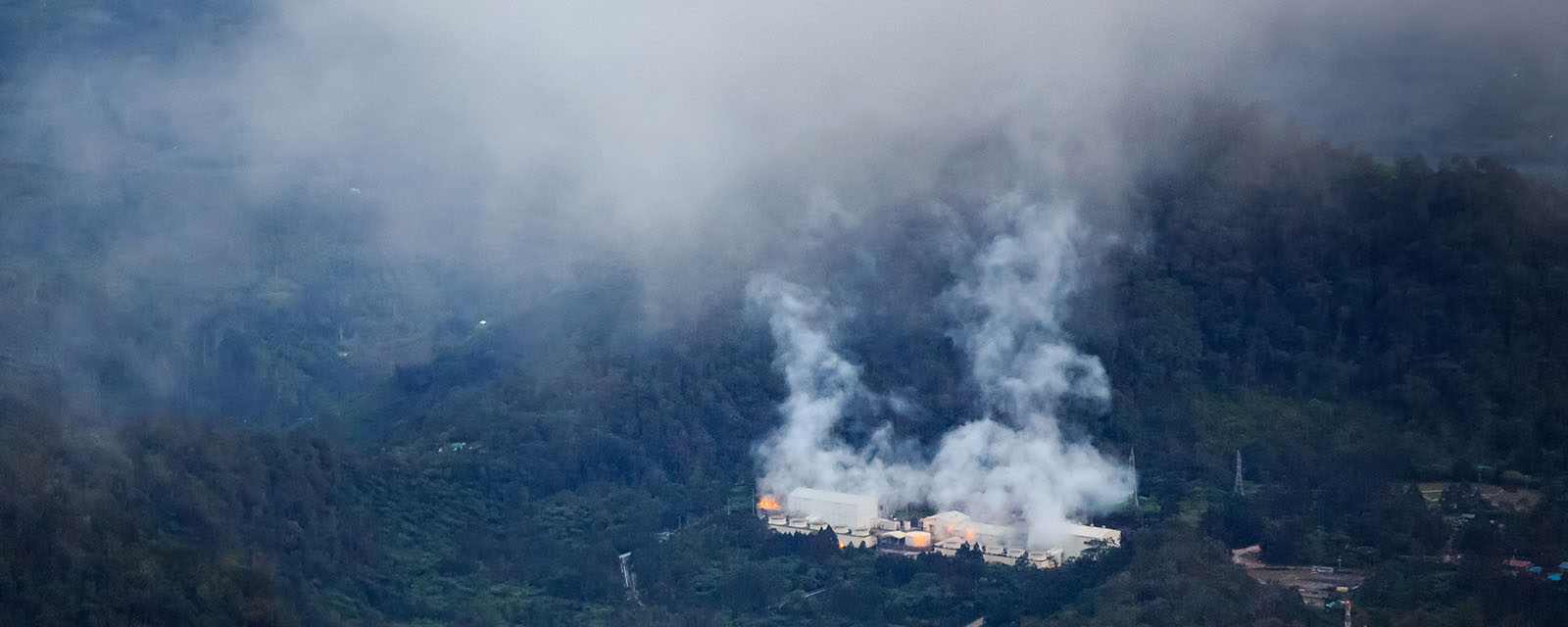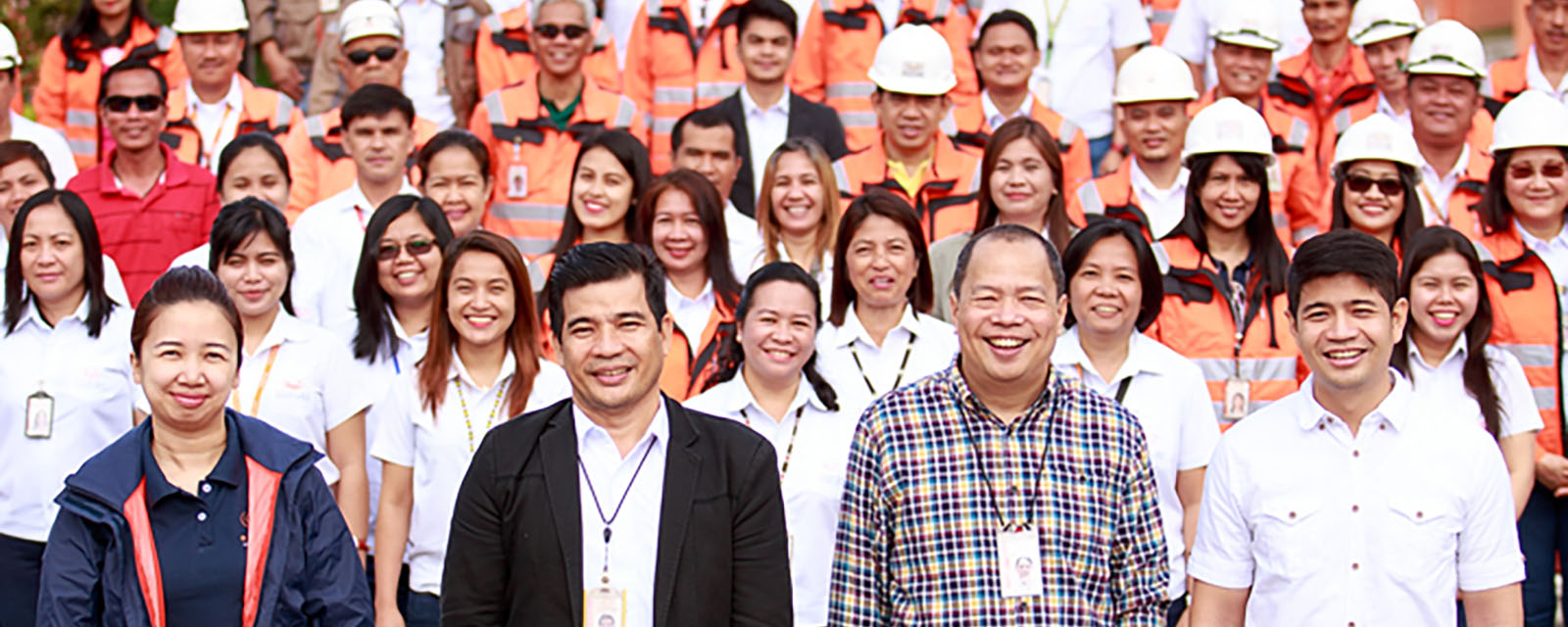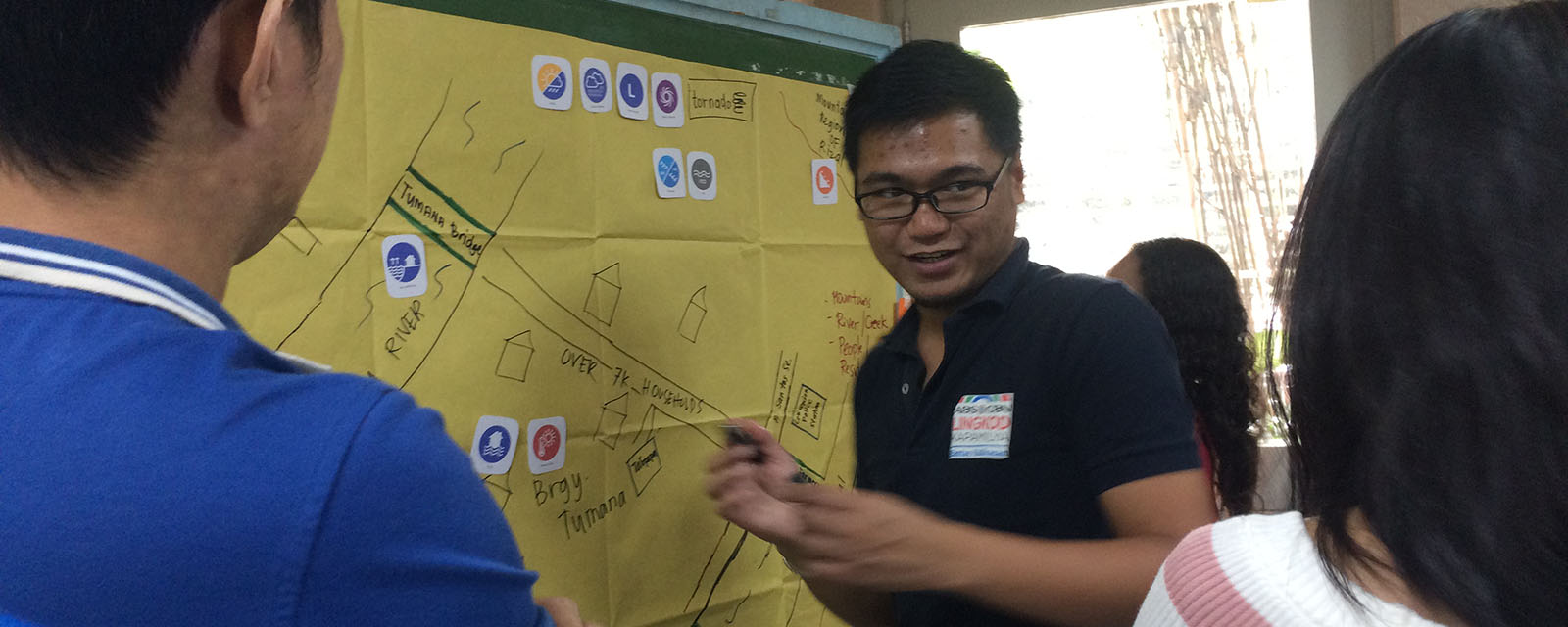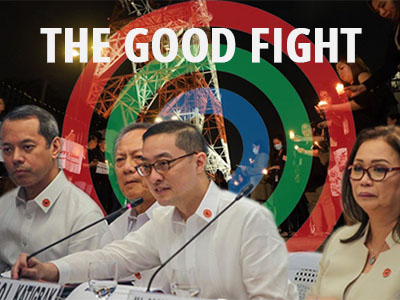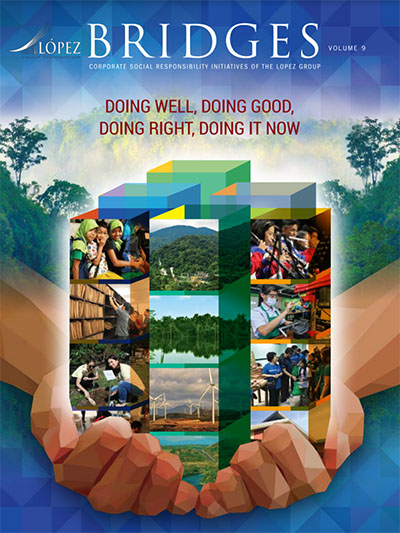
You’ve made some significant savings from your first job, and now you’re ready to purchase your very own car. Granted, it’s secondhand, but the online ad promises that it’s in excellent condition and the previous owner has made assurances that it was well taken care of. His undeniable charm rewards him your trust, and with minimal hesitation, you pay for the car in full. Once the car is dropped off at your doorstep, however, it is completely ravaged and almost beyond repair. Attached is a note that reads: “She’s all yours now!”
Any rationally thinking individual would know to assess the value of the merchandise or at least the credibility of the seller before making the purchase. Unfortunately, when it comes to our national and local elections, we aren’t afforded the same securities. With discerning eyes, we must put faith in the candidates’ words and take confidence in their smiles.

We live among what is perhaps the most competitive generation in history. Every day young people are stepping into a world governed by systems that more often than not are being compromised by the ruling elite. With every step forward, there is some social or institutional barrier pushing them back, while some of their peers are frustratingly two steps ahead. Before you dismiss this piece as a millennial rant against the “Big Man,” allow a picture to be painted depicting the complex realities of a country that is deeply entrenched in conflicting political and personal interests. This is no more evident than in the treatment of the Philippine environment and climate change agenda, a current treatment that could possibly prevent any substantial or lasting national development. Similar to what other emerging economies face today, the hard-earned developmental progress the country has achieved and will achieve could be reversed because of climate change.
Climate change is a threat the Philippines can longer ignore. In the last decade, the socioeconomic fabric of the country has been significantly devastated by climate-related disasters such as extreme typhoons, storm surges, floods, and droughts. Alarmingly, the harmful impact of these incidents will continue affecting this archipelagic country, given the current trajectory of climate projections. But the warning bells don’t seem to be ringing loud and long enough for our current and future leaders to really pay attention to the gravity of the situation they are faced with or about to inherit.
We need only to look at the presidential and vice presidential debates leading up to this year’s elections to observe the priority given to climate change — or more correctly, the lack thereof. It is no mystery that the developmental issues of the Philippines can be likened to the more complex of Rubik’s Cubes: they require having to resolve one issue at a time without compromising the others. Nonetheless, to reduce the issue of climate change to a simple yes-or-no question during a national level debate could quite possibly mean never successfully completing all sides of the cube. This is because climate change is decidedly crosscutting and multi-sectoral. If you have been living in the Philippines for the past 20 years or so, you have witnessed Mother Nature’s indiscriminate character. The lives of Filipinos have been interrupted, stunted, and outright cut short by the way her fury has manifested itself through the winds, the water, the waves, and the sun. To belittle this reality now would be an insult to all the lives lost as a result of an institutional inability to prioritize these problems.
In the decades ahead, the most serious consequences of climate change will be felt in coastal and urban areas. Severe hardships are also expected to come in agriculture and fisheries, leading to negative effects on jobs and the economy.
In 2013, the Philippines was identified as the country most affected by climate-related events, owing largely to Typhoon Haiyan (known locally as Super Typhoon Yolanda), which claimed over 6,000 lives and resulted in an economic loss of $1 billion. Moreover, in 2015, the Philippines ranked fifth in a list of countries most affected by extreme weather events.

It would be easy to bog you down with statistical values and temperature projections depicting the implications of climate change in the Philippines. Simply Google “climate change Philippines” and you will be provided with a wealth of information on the reality the country is up against. Basically, reducing the consequences of a changing climate to numbers and statistics would make this article no better than the platforms of some, if not most, of our current candidates, who deem it sufficient to simply scratch the surface of the climate crisis in this country. They define it solely in reference to extreme weather-related disasters such as typhoons and storm surges, when in fact extreme disasters are only a piece of the sour pie this country will be forced to eat in the years to come.
Political will for climate action needs to be driven by the stories and not the numbers. Yolanda is a collective memory this country is all too familiar with. There’s Nanay Belen, who lost almost her entire family during the storm surge in Tacloban yet continues to live along the same coastline that almost took away her entire life because the political institutions that are supposed to protect her simply cannot get it together.
More recently, the conflict in Kidapawan, while caused by the naturally occurring El Niño, was exacerbated by rising temperatures as a result of climate change. Kuya Ramil had to sell all his livestock to recover the losses of a drought-stricken land that had been unproductive for almost half a year.
The loss and damages of extreme weather events along with the implications of slow-onset climatic changes such as rising sea levels and temperatures are consequences that need to be immediately addressed, because while they impact the country as a whole, they are evidently felt most by the sectors that are least capable of adapting to such changes. In the decades ahead, the most serious consequences will be felt in coastal and urban areas. Also, severe hardships are expected to come in agriculture and fisheries, leading to negative effects on jobs and the economy. Nanay Belen and KuyaRamil are just two of the millions of Filipinos being deprived of the social protections that should rightfully be awarded to them by the state.

More than making ambitious goals to reduce greenhouse gas emissions in order to impress the global community, the country needs to focus within and build the resiliency of its people. We can no longer act like stubborn men who have to experience a heart attack to start living healthier lifestyles. Because while mitigating our emissions is crucial, in order for the Philippines to reduce poverty, accelerate economic growth, and create jobs, among other priority development agendas, it is necessary to actively and quickly address the country’s vulnerabilities to climate change. This can be accomplished by improving the adaptive capacity of communities at risk. This means moving beyond drafting and passing legislation by ensuring its implementation.
This Monday we will finally see who will successfully sell his or her secondhand car to us. Regardless of who it may be, the most important thing is that we as a society need to make sure that six years later the car we received would be as good as the one that was promised. We need to hold our future leaders accountable for the country they promise to improve, and that entails appropriately recognizing the contextual reality of climate change. Because this goes beyond those of us sitting in our air-conditioned rooms on an unbearably hot day or in our fortified homes during a strong storm. It’s for the Nanay Belens and Kuya Ramils that will not be able to afford the adaptive luxuries needed to ease into the inevitability of climate change. It is about righting the preexisting injustices and inequities climate change will exacerbate if nothing is done, and fighting for our kababayans who cannot fully fight for themselves because the governing systems do not enable or allow them to do so.
Written by Marianna Vargas, LGFI
the original article can be found at CNN Philippines

